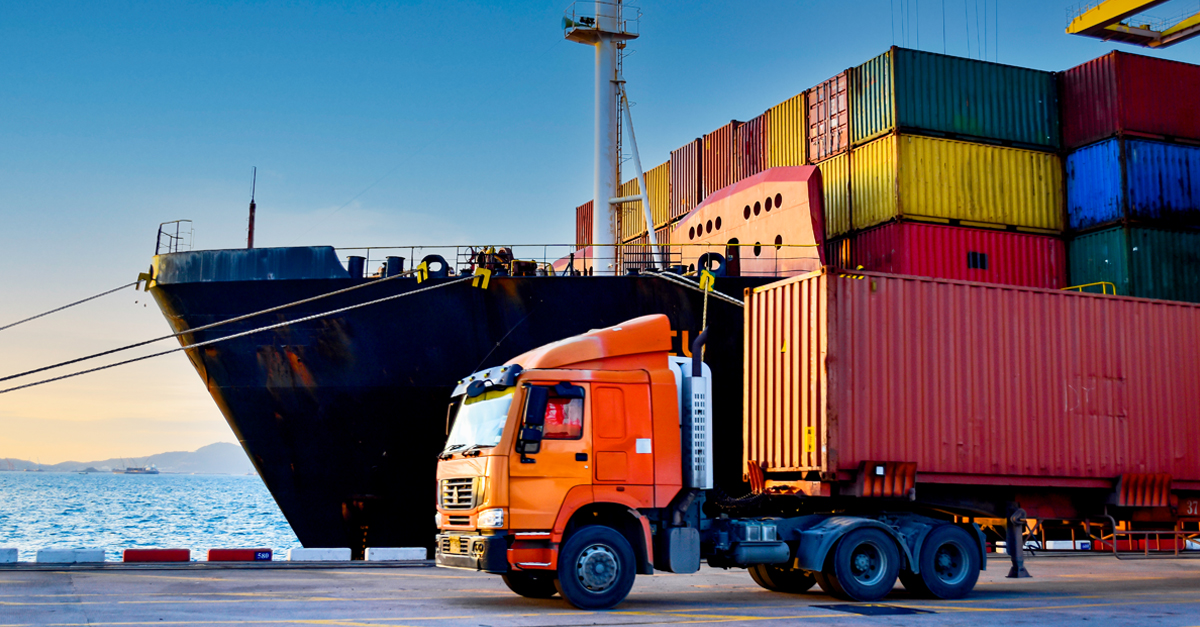The global supply chain has been facing significant challenges, impacting various industries, due to disruptions from geopolitical tensions and natural disasters, as reported by JPMorgan. These challenges underscore the importance of a reliable supply chain, as companies strive to meet customer demands and maintain operational efficiency amidst uncertainty. To help enhance resiliency, companies are turning to vertical integration as a strategic solution.
Understanding supply chain uncertainty
Supply chains are more vulnerable than ever due to a wide array of disruptions. These disruptions include geopolitical instability, natural disasters, labor shortages, pandemic impact, and more recently, labor strikes. These disruptions can have a significant impact across many industries, including the cleaning products sector. They can cause transportation delays and raw material shortages, making it harder for manufacturers to keep up with market demands.
As highlighted by SDC Executive, the regulatory landscape surrounding environmental, social, and governance (ESG) issues in supply chain management is becoming more stringent. Consumers are becoming increasingly well informed and expect the companies they purchase goods from to strengthen their ESG initiatives. They want transparency at every stage of the manufacturing process, including how the supply chain is managed.
Role of vertically integrated manufacturers in mitigating risk
Vertically integrated manufacturers benefit from controlling multiple stages of their supply chains—from sourcing raw materials to product distribution—which allows them to mitigate risks more effectively than companies reliant on third parties. As explained by Podium, vertical integration enables manufacturers to manage critical components in-house, helping reduce exposure to external disruptions such as supplier delays, transportation issues, or fluctuating raw material costs. By owning or directly overseeing various production stages, vertically integrated manufacturers can help ensure a more consistent flow of goods and better adapt to unforeseen challenges.
Benefits of working with vertically integrated manufacturers
Vertically integrated manufacturers control the entire supply chain, making them less dependent on third-party suppliers and better at managing risks. This type of integration helps maintain consistent production. Additionally, working with a vertically integrated manufacturer provides greater transparency and traceability throughout the production process, giving customers more insight into sourcing and production practices. This level of oversight helps ensure higher standards and accountability, making it easier for companies to meet regulatory requirements and sustainability goals.
Overcome supply chain challenges
In today’s increasingly complex supply chain environment, reliability is key. Partnering with a vertically integrated manufacturer can offer greater transparency and control, helping you to navigate uncertainties more effectively, reduce disruptions, and help create a smoother operation moving forward.




